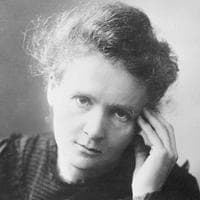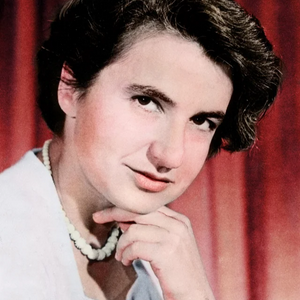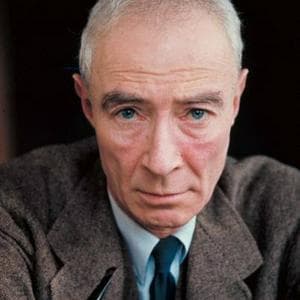Fritz Haber MBTI -Persönlichkeitstyp
Persönlichkeit
"Welcher Persönlichkeitstyp ist {profilename}? {profilename} ist ein {MBTI} -Persönlichkeitstyp in MBTI, {enneagram} - {iv} - {tritype} in EnneArgram, {big5} in Big 5, {socionics} in Socionics."
Biografie
Fritz Haber (German pronunciation: [ˈfʁɪt͡s ˈhaːbɐ] (listen); 9 December 1868 – 29 January 1934) was a German[4] chemist who received the Nobel Prize in Chemistry in 1918 for his invention of the Haber–Bosch process, a method used in industry to synthesize ammonia from nitrogen gas and hydrogen gas. This invention is important for the large-scale synthesis of fertilizers and explosives. It is estimated that two thirds of annual global food production uses ammonia from the Haber–Bosch process, and that this supports nearly half the world population. Haber, along with Max Born, proposed the Born–Haber cycle as a method for evaluating the lattice energy of an ionic solid. Haber is also considered the "father of chemical warfare" for his years of pioneering work developing and weaponizing chlorine and other poisonous gases during World War I, especially his actions during the Second Battle of Ypres.
Persönlichkeit correlate

Marie Skłodowska-Curie

Dmitri Mendeleev

Rosalind Franklin

Ernest Rutherford

The Organic Chemistry Tutor

Antoine Lavoisier

John Dalton

Linus Pauling








